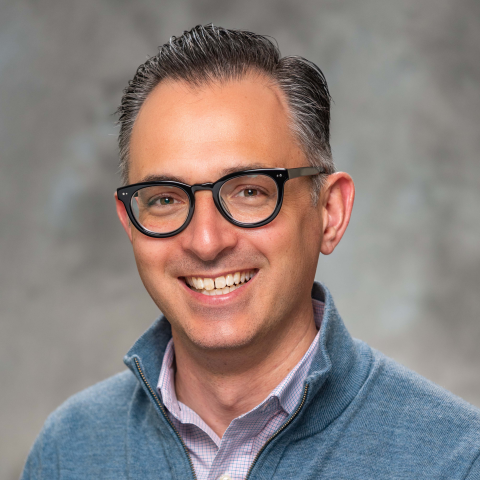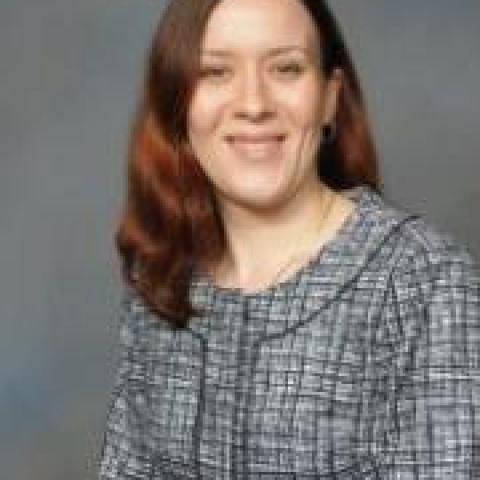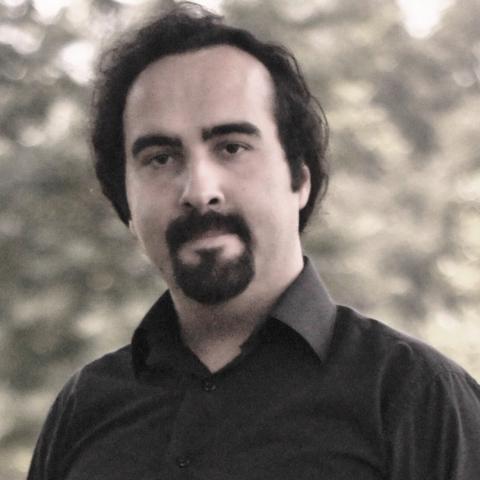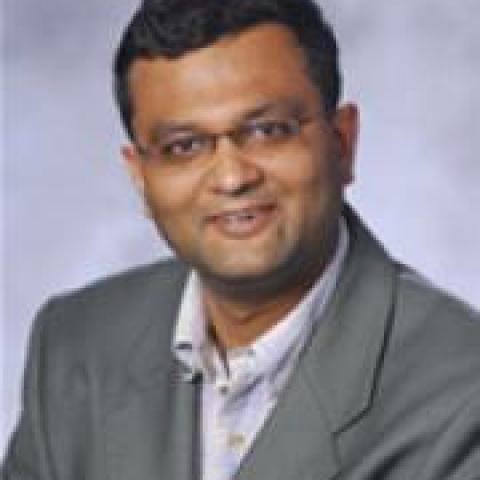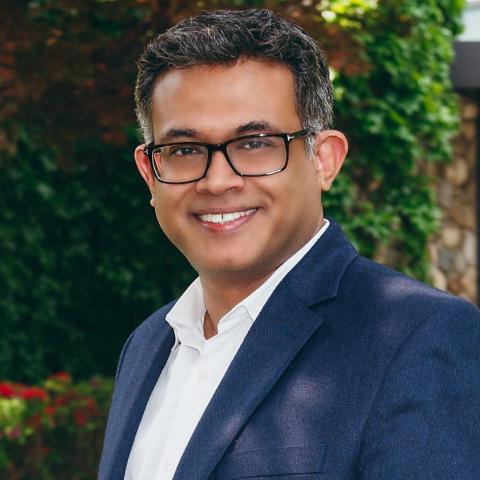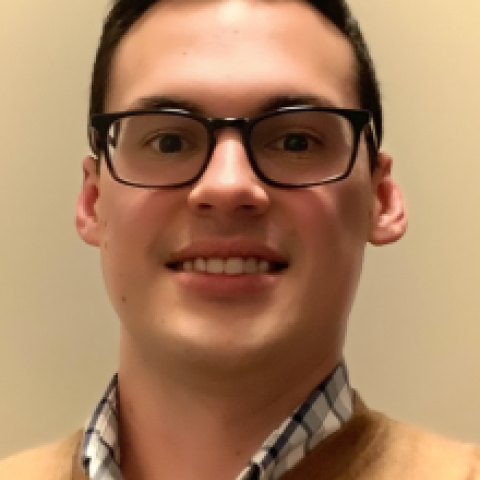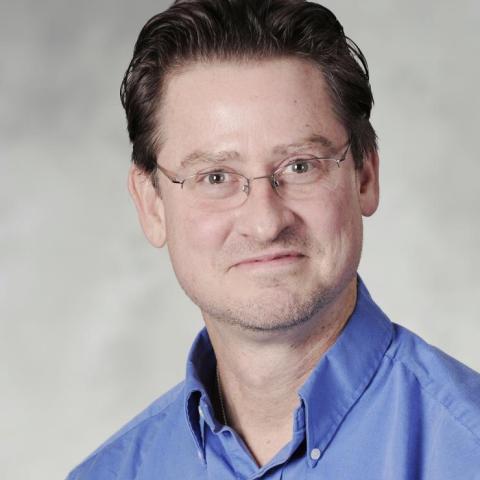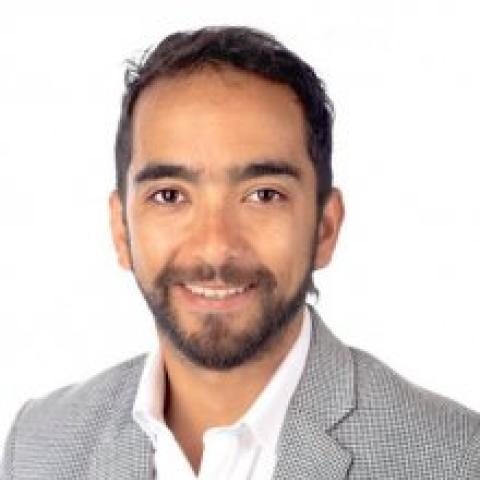Phillip First

A primary goal of Professor First's research is to develop an understanding of solid-state systems at atomic length scales. The main experimental tools in this pursuit are scanning tunneling microscopy (STM) and related techniques such as ballistic electron emission microscopy (BEEM). These methods rely on the quantum-mechanical tunnel effect to obtain atomically-resolved maps of the electronic structure of surfaces, clusters, and buried layers.
Electron microscopy, surfaces and interfaces, graphene, epitaxial growth
- Computing and Communication Technologies
